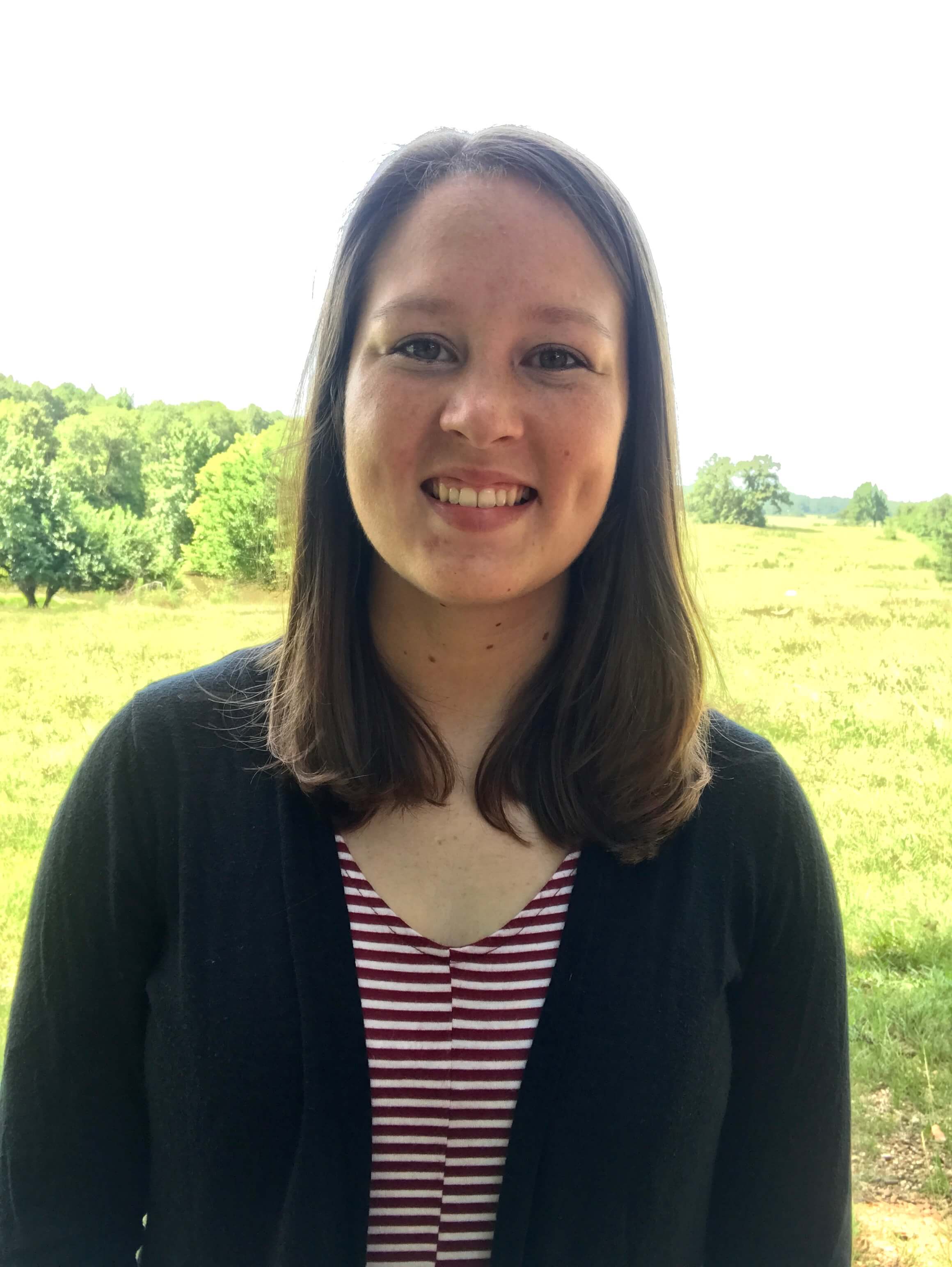Oxford Treatment Center Therapist Awarded Scholarships for Research in Equine Therapy

Oxford Treatment Center’s equine therapist, Katie Cagle, was recently awarded two scholarships for her research in the efficacy of equine therapy in addiction treatment. She received the Mississippi State Graduate Scholarship of Merit and the International Graduate Scholarship of Merit from the Gamma Sigma Delta Honor Society of Agriculture.
Gamma Sigma Delta, the oldest and largest honor society for students studying agriculture and related fields, selects members at the state and international levels who have made distinct contributions to agriculture through research, teaching or other services.
“If it weren’t for the academic committee I have behind me, I wouldn’t have gotten here,” said Cagle. “Each member wants to see me succeed, believes in equine therapy and cares about the population I’m working with. I’m honored that they chose my work to represent Gamma Sigma Delta.”
Cagle, who is currently pursuing a Ph.D. in Animal Physiology at Mississippi State University, has worked in equine therapy for nearly a decade, most recently at Oxford Treatment Center. Over the years, she has served a number of vulnerable groups, including special needs children and adults, at-risk youths and veterans. In each instance, the premise of her work was a concept called emotional safety, upon which she based her dissertation.
“The basis of this study is emotional safety, which is comprised of four categories: personal security, self-worth, respect and connectivity,” said Cagle. “In every vulnerable population we’ve worked with, there has been a challenge in one of those key areas. The goal is to show that equine therapy impacts these very specific areas that are vital to our wellbeing. Based on the analysis being done, we’re seeing significant improvement in each category.”
According to her research, and that of her colleague, Cagle’s study on equine therapy and addiction treatment is the largest of its kind ever conducted.
“I’ve had a passion for this work my entire life and for it to be acknowledged on an international scale is so humbling,” said Cagle. “The most exciting thing about the whole process is that equine therapy is being recognized as a professional method of treatment.”